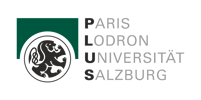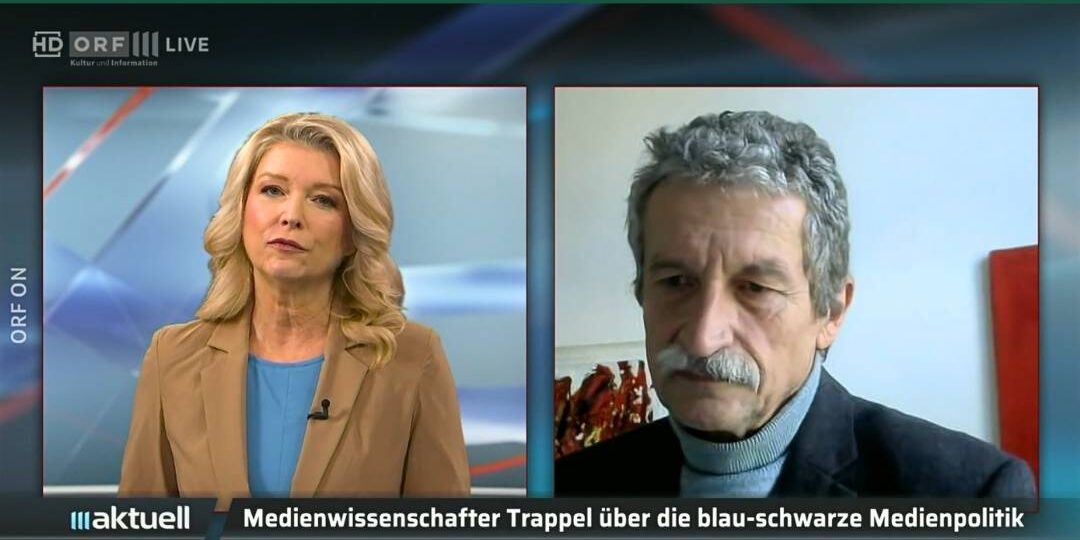Josef Trappel on ORF III Aktuell
In a recent discussion on ORF III, Prof. Josef Trappel, Professor of Media Policy and Media Economics at the University of Salzburg, shed light on the critical role of media funding in Austria. The upcoming reforms in this area raise many questions, particularly with regard to the future of the domestic media landscape.
Media promotion
Prof. Trappel made it clear that media funding is an integral part of the Austrian media structure. Small and independent media companies in particular are dependent on state support in order to ensure high-quality journalism. The possible reduction or restructuring of subsidies could have dramatic consequences:
- Press promotion: Traditional press promotion has existed for over five decades, but only accounts for a small part of the budget.
- Digital funding and quality funding: These newer funding models have a larger financial scope and are essential for the transformation of the media industry. A decline could make the transition to digital formats more difficult.
ORF and household levy: not a classic funding model
Trappel emphasized that the household levy for the ORF is not a subsidy, but a payment for statutory services. Cuts in this area would have serious consequences for public media provision.
Online media: Austria in European comparison
Another topic was the role of online media. While successful, independent online media exist in other European countries, in Austria they are mostly offshoots of established media houses such as ORF or Der Standard. Party-affiliated online media exist, but rarely address the general public. Austria therefore remains an exception in the European media landscape.
Advertisements: Reducing political influence
At around 200 million euros a year, state advertisements are a significant financial factor for many media companies. Prof. Trappel sees this as the greatest media policy lever:
- Advertisements as an instrument of power: In the past, government advertising pressure has often enabled political influence to be exerted.
- Proposed solution: Transparent award guidelines and a reallocation of funds to regular funding models could strengthen the independence of the media.
Media independence: European standards and challenges
Safeguarding editorial independence is not just a national challenge. The European Media Freedom Act, which has been in force since 2024, sets strict requirements for EU member states to ensure the independence of the media. Austria must be measured against international standards here.
Best practices: A look at Scandinavia
Prof. Trappel referred to countries such as Finland, Sweden and Norway, which ensure media diversity with clearly structured models. The Netherlands and Ireland also offer role models from which Austria could learn.
To the program (and source): https://on.orf.at/video/14260463/15805097/koalitionsverhandlungen-kleine-unstimmigkeiten


